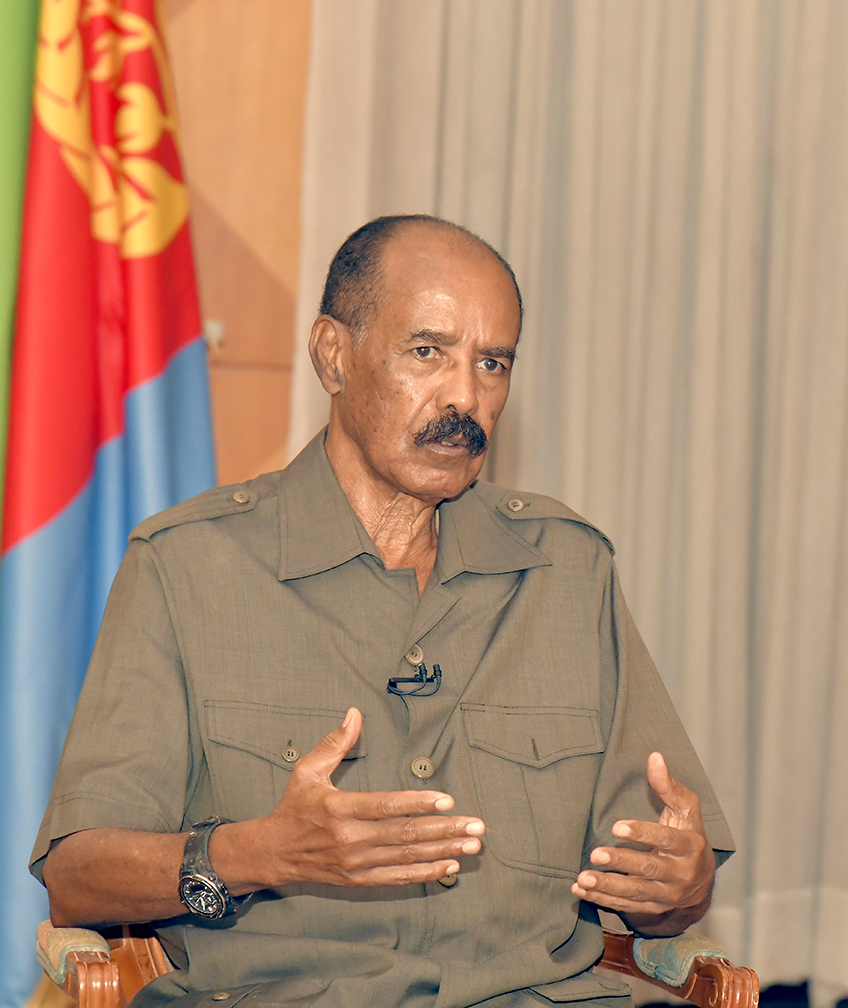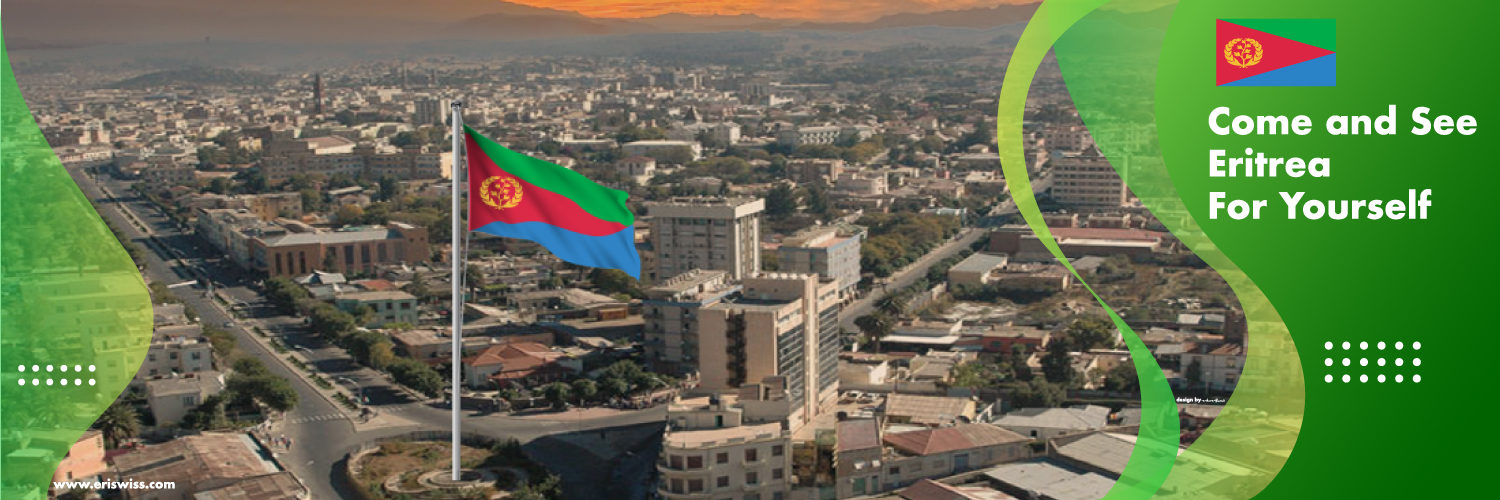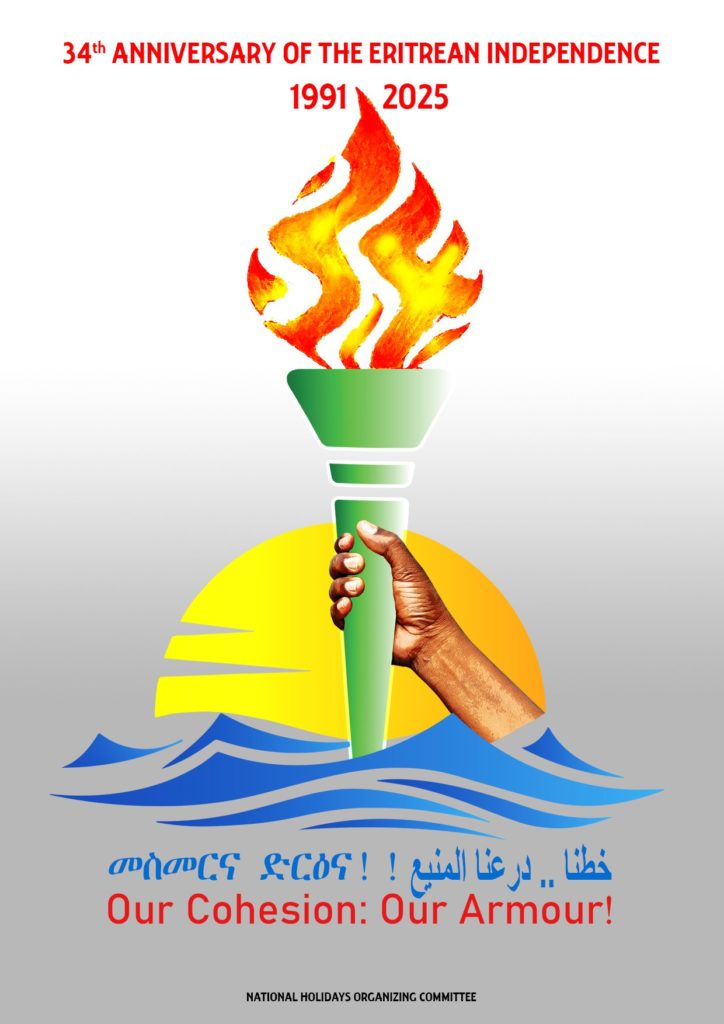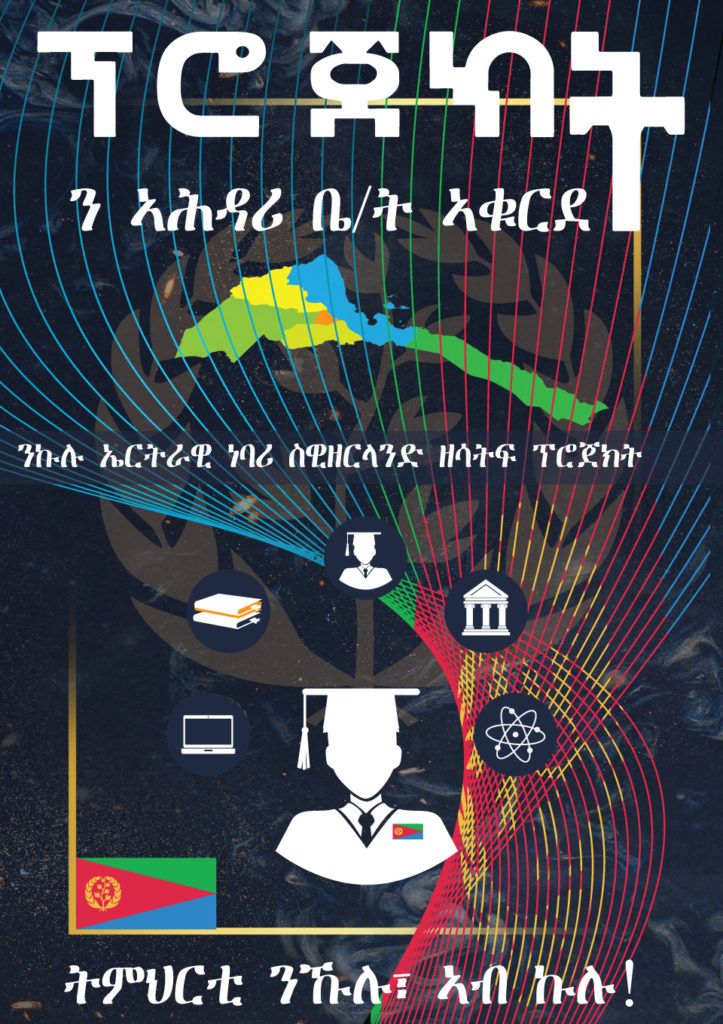Eritrea’s Diplomatic Vision: A Roadmap for Regional Stability and Sovereignty
President Isaias Afwerki outlined Eritrea’s evolving diplomatic doctrine, placing a strong emphasis on regional self-reliance, constructive engagement, and strategic sovereignty. The policy—articulated as a “road-map of diplomacy”—targets not only Eritrea’s immediate neighborhood but extends outward to the global stage, reflecting a multidimensional approach to foreign affairs.

A Regional Blueprint: Stability Through Integration
At the heart of the roadmap is Eritrea’s commitment to fostering peace and integration across its “Wider Neighborhood,” which encompasses the Horn of Africa, the Nile Basin, the Red Sea, and the Gulf regions. President Isaias emphasized that regional stability must stem from within, with countries working together to address shared challenges such as conflict, political volatility, and economic fragmentation.
The policy envisions a neighborhood where nations pursue complementary goals and build interdependent structures, promoting sustainable development and mutual security. Rather than rely on foreign-led crisis interventions—often criticized for prolonging instability—Eritrea advocates for homegrown solutions rooted in regional solidarity.
Strategic Engagement with Global Powers
While Eritrea stresses the importance of regional agency, it also recognizes the influence of global powers such as the United States, Europe, China, and Russia. The roadmap promotes active consultation and engagement with these actors—not as patrons, but as stakeholders whose actions impact the region in complex ways.
This reflects a non-aligned, multipolar diplomatic strategy, allowing Eritrea to navigate global power dynamics without compromising its sovereignty or succumbing to geopolitical dependency.
A Caution to Regional Partners
President Isaias did not shy away from regional criticism, particularly directed at Ethiopia. He urged the Ethiopian leadership to prioritize internal reconciliation and nation-building over inflammatory rhetoric and externalized blame. According to the President, constructive regional diplomacy must be built on good-faith dialogue and mutual respect—not provocation or distraction.
Information as a Diplomatic Tool
A significant component of Eritrea’s diplomatic strategy lies in the realm of information and media. President Isaias highlighted the dual nature of media engagement—both reactive and proactive. On one hand, Eritrea faces what it sees as relentless disinformation campaigns and international demonization. On the other, it recognizes the need to shape its own narratives through positive storytelling, factual reporting, and strategic communication.
This calls for a more assertive presence in global and social media spheres, where Eritrea seeks to define its own voice rather than be spoken for by others.
Building Institutional Capacity
To support these ambitions, Eritrea is investing in institutional mechanisms such as Centers for Strategic Studies. These bodies will serve as think tanks and policy engines, producing evidence-based narratives and fostering intellectual infrastructure to guide diplomatic and media efforts.
President Isaias views such institutions as critical to sustaining Eritrea’s long-term strategic posture—ensuring that the country not only reacts to events but shapes them.


